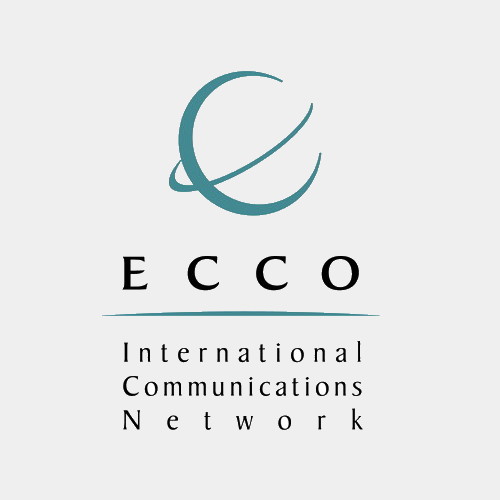

How long does it take consumers (or citizens) to forgive a brand that has done the wrong thing?
I like to think we have long memories, but the pandemic seems to have pushed many or most indiscretions under the carpet. I searched ‘scandal’ on our industry rag’s website and the most recent story is 11 months ago.
But 2020 wasn’t a year without any wrong doings, mistakes or examples of immoral, unethical behaviours.
Think NSW Premier Gladys Berejiklian and her relationship with a disgraced MP and then her sports grants scandal. Who can forget the words “It’s not an illegal practice” when pushed on the subject of pork barrelling. Perhaps you already have?
With more transparency and citizen journalism (thank you smart phones and the internet), it’s inevitable that a brand will do something to upset its customers. Outrage is on the agenda in 2021, and so far, an apology is a page one news item. The question is, will brands and personalities who have faltered find forgiveness, sorry or not?
Absolution essentials
Forgiveness is subjective. It all depends on how deep the relationship is – if the relationship is purely functional (it gets the job done) then consumers will probably overlook a hiccup or two. Trust and transparency matter too; those who react quickly and have plenty of goodwill banked will be better placed to weather a storm or two in the public’s eye.
If the consumer buys in to the brand’s values and sees the organisation beyond just a product however, the outcomes of a scandal are likely to cut deeper.
Does Scott Morrison have a enough goodwill to be forgiven for his lack of leadership around the bushfires? Only time will tell, but thanks to Meat and Livestock Australia and its Make Lamb, Not Walls we get to relive the moment he went to Hawaii while the country burned. Perhaps not all is forgiven.
Other than scandals, the other main situations brands could find they need forgiveness is when they are seen to put profits ahead of corporate responsibility, or when they appear arrogant or are dishonest.
Pete Evans, AMP, the NRL are all repeat offenders, and they didn’t disappoint in 2020. I also want to add Twitter to my list. For years it has allowed Trump to use its platform to incite hate and spread untruths. Mumbrella’s Tim Burrowes put it most eloquently this week – “Twitter made a choice to keep Trump active”. The platform was becoming irrelevant, and Trump put it back on the map again. Shame on you Twitter – you put profits before corporate responsibility.
Extravagance can also get you into trouble.
Novak Djokovic sent a series of demands to the Australian Open’s boss including to be moved out of hotel quarantine to a private house with a tennis court to train. And Bernard Tomic’s girlfriend, complained via Twitter that she now has to wash her own hair: “I’ve never washed my own hair. It’s just not something that I do.”
A couple of days later Djokovic softened and clarified his position on his COVID-19 quarantine requests. He said his good intentions were “misconstrued”. He didn’t apologise, but that wouldn’t be on brand.
There are some brands that don’t want to be forgiven for their actions or their attitudes. Their take-it-or-leave-it approach is all about polarisation based on a strong worldview and defiance in the face of criticism. ‘Trump!’ I hear you cry! But even brands that believe they have nothing to apologise for still have lines they choose not to cross. Trump is not one of those brands.
Six steps to an apology:
Access to the ECCO Global Communications Network is simple. Contact information for a specific geography is available on the agency overview pages accessed here or contact the ECCO Global Communications office via email info@ecco-network.com.